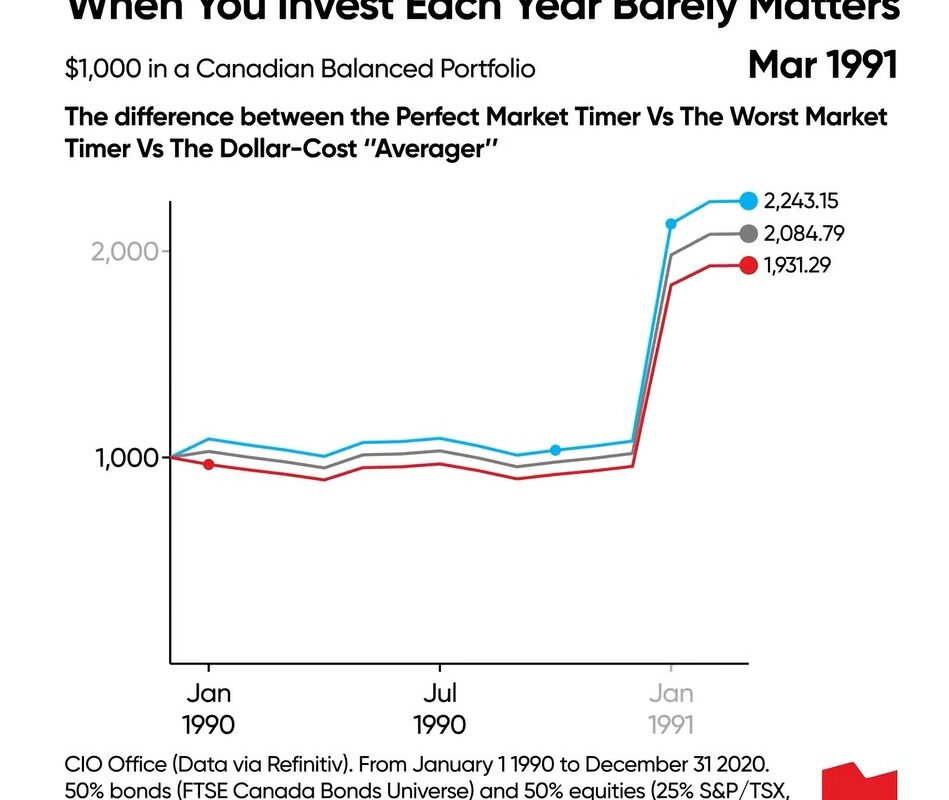Market Update October 2025
Canada’s Opportunity in a Resilient Global Landscape
As we turn the page on September—a month that’s often considered a softer period for markets—we have been reflecting on what has been anything but a quiet time in the financial world. Despite familiar headwinds like the contentious government shutdown in the US, and ongoing global trade and geopolitical tensions, markets across the globe have shown remarkable resilience, pushing to new highs and defying expectations.
Here at home, Canada stands out even amongst this global strength. Our markets have performed exceptionally well throughout 2025, and we’re seeing record levels of interest from non-resident investors. This is certainly a positive sign, but it’s important not to let this influx of institutional and central bank flows distract us from what really makes an economy sustainable: long-term, foreign direct investment in critical sectors. These are areas where, frankly, we’ve lost significant ground over the years.
The outlook in Canada, as it currently stands, is not very positive – unless we make long overdue changes immediately. Unemployment is up across the country, productivity, GDP and GDI are down, while the standard of living and affordability is in decline. Despite the urgent need for sensible policy changes and significant deregulation of industry, we need meaningful action, and we needed it yesterday.
Despite the disappointing state of our country, Canada remains uniquely positioned—we have the resources, the talent, and the infrastructure the world wants and needs. Yet, despite these natural advantages, we’re facing some real challenges. Uncertainty around policy and a thicket of regulations have made it difficult for our industries to thrive, especially manufacturing, which is currently imploding in this country. The ongoing uncertainty around tariffs only adds to these pressures. Years ago, we made a collective decision to offshore much of our manufacturing capacity, partly to claim faster reductions in greenhouse gas emissions compared to our peers. Meanwhile, we now find ourselves exporting raw materials to countries that use dirtier sources of energy to process them, all while Canada claiming to maintain one of the cleanest energy infrastructures globally. To put things in perspective, Canada accounts for just 1.4% of global carbon emissions—a fact worth remembering as we map out our path forward.
Since 2015, business investment in Canada has been stagnant. I believe this won’t truly change without a meaningful reduction in unnecessary regulations, Ottawa currently overseas more than 330,000 federal regulations across multiple sectors. It’s not simply about slashing costs; it’s about being smart and strategic. We have untapped wealth beneath our feet, and we should be adding value here at home and across supply chains, both as responsible energy producers and trade partners. With electricity prices up 11% worldwide over the past year and Canada boasting abundant, clean power, there’s a real opportunity for us to lead, where frankly we have failed. The upcoming federal budget, expected this November, may well be the most significant in a generation when it comes to re-industrializing our economy and ensuring our continued economic sovereignty. Canada needs to reindustrialize and start making things, adding value once more.
This year Gold has been the winning story in Canada. The backdrop for this has been a weakening US dollar and the long standing, inverse relationship between the price of Gold to US dollar, as some central bankers opted to buy gold and other currencies over US dollar uncertainty. The US dollar still looks like it could pullback as much as another 20%, conversely, we think gold may have as much as 20% more potential upside. Gold often falls fast though, and it has not been seen at these valuations since the 80s.
Looking ahead, Canada has a rare window to re-establish itself as a principled and responsible global leader. If we’re smart and decisive, we can reindustrialize to create a better standard of living for future generations—working alongside both global and our American neighbours. We have what the world wants and needs. Now it’s time to show that we know what to do with it, and that we’re ready to act in our own best interests.
Globally, we’re seeing that markets and economies have become more adept at navigating policy shockwaves and shorter political cycles. Private sector resilience is on full display, with consumers driving strong spending, healthy profit margins, and increased productivity—even as headlines predict doom. Remember the three years we spent bracing for the most well anticipated recession in history, that never came? The lesson is clear: the private sector has learned to persevere, and so should we.
Of course, market corrections and shocks are part of the journey, and prices in certain sectors will be reevaluated at times, however we do not expect these corrections to be long-lasting. Instead, we’ll be watching for opportunities to invest in great businesses at reasonable prices—because, as the saying goes, you should never waste a good crisis.
Recently, we had dinner with a respected Wall Street strategist and former member of the Federal Reserve Board of Governors. When we asked him if Canadians should worry about what sometimes looks like chaos and infighting south of the border, he just smiled and said, “We’ve always been fighting—first the British, then ourselves, then everyone else, then the civil rights era… and then everyone again. Is it really all that different? Life and business go on.” It was a timely reminder that resilience isn’t new; it’s just part of the fabric of markets and societies in times of drastic and seemingly chaotic change.
As always, thank you for your trust and partnership. We’ll be watching developments closely and are here to help you navigate the opportunities and challenges ahead.
We have prepared this commentary to give you my thoughts on various investment alternatives and considerations which may be relevant to your portfolio. This commentary reflects our opinions alone and may not reflect the views of National Bank Financial Group. In expressing these opinions, we bring our best judgment and professional experience from the perspective of someone who surveys a broad range of investments. Therefore, this report should be viewed as a reflection of our informed opinions rather than analyses produced by the Research Department of National Bank Financial.
Sincerely,
National Bank Financial
Rob Hunter Campbell Hunter
Senior Wealth Advisor Wealth Advisor CIM®
Sources: NBF Economics, Yardeni Research
National Bank Financial – Wealth Management (NBFWM) is a division of National Bank Financial Inc. (NBF), as well as a trademark owned by National Bank of Canada (NBC) that is used under license by NBF. NBF is a member of the Canadian Investment Regulatory Organization (CIRO) and the Canadian Investor Protection Fund (CIPF), and is a wholly owned subsidiary of NBC, a public company listed on the Toronto Stock Exchange (TSX: NA).
The opinions expressed herein do not necessarily reflect those of National Bank Financial. The particulars contained herein were obtained from sources we believe to be reliable but are not guaranteed by us and may be incomplete. The opinions expressed consider a number of factors including our analysis and interpretation of these particulars, such as historical data, and are not to be construed as a solicitation or offer to buy or sell the securities mentioned herein. Unit values and returns will fluctuate, and past performance is not necessarily indicative of future performance. Important information regarding a fund may be found in the prospectus. The investor should read it before investing.
The particulars contained herein were obtained from sources we believe to be reliable but are not guaranteed by us and may be incomplete. The opinions expressed are based upon our analysis and interpretation of these particulars and are not to be construed as a solicitation or offer to buy or sell the securities mentioned herein. The opinions expressed do not necessarily reflect those of NBF.
The securities or sectors mentioned herein are not suitable for all types of investors. Please consult your Wealth Advisor to verify whether the securities or sectors suit your investor’s profile as well as to obtain complete information, including the main risk factors, regarding those securities or sectors.
We have prepared this report to the best of my judgment and professional experience to give you my thoughts on various financial aspects and considerations. The opinions expressed represent solely my informed opinions and may not reflect the views of NBF.
Selling calls against stock (Covered Writing): Shares may need to be sold at the strike price of the option at any time prior to expiration. If the calls are assigned, further opportunity for appreciation in the underlying security above the strike price is foregone.
Risk/Reward of the strategy = Strike price minus the purchase price of the underlying plus the premium received from the sale of the call. The maximum loss is the same as holding a long position less the premium received.
The investment advice given only applies to residents of the provinces of British Columbia, Alberta, Manitoba, Saskatchewan, Ontario and Quebec.
National Bank Financial is a member of the Canadian Investor Protection Fund.





